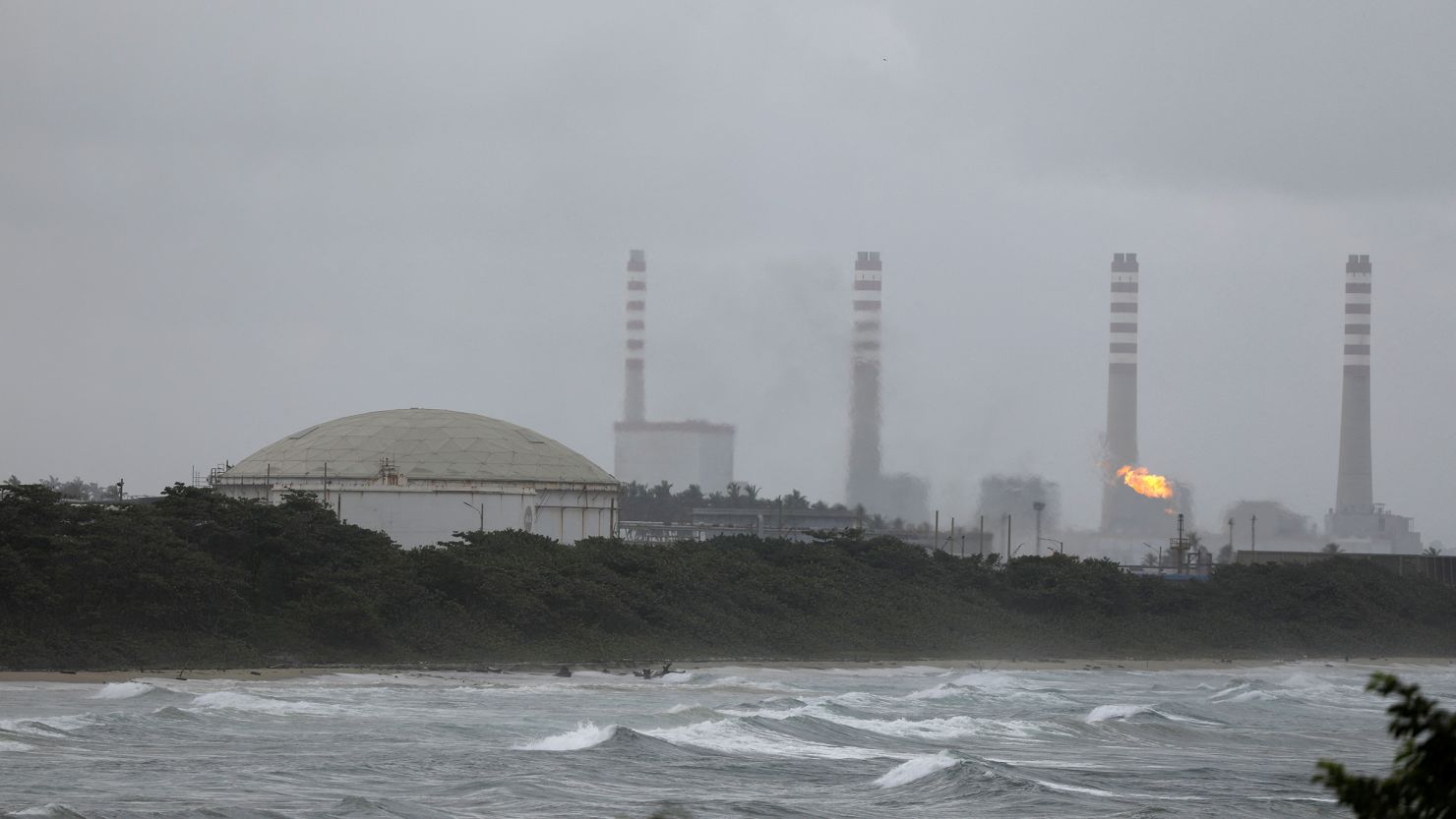
WASHINGTON, April 18 (NNN-AGENCIES) — The United States will reimpose sanctions on Venezuela’s oil and gas sector in response to the Maduro government’s failure to allow “an inclusive and competitive election” to take place.
Last October, citing commitments made by President Nicolas Maduro to hold such an election in 2024, the US Treasury Department issued a temporary authorization to allow transactions with the country’s national oil and gas sector without fear of sanctions.
That authorization, formally known as General License 44, was due to expire on Thursday and the administration had to decide whether the Venezuelan government was upholding those commitments, which were made under the “Barbados Agreement” between representatives of Maduro and members of the political opposition in Venezuela.
According to a US senior administration official, the US “completed a very careful review” and determined that the Maduro government “has fallen short” in several key areas of the agreement.
As such, the US will not renew the general license and the sanctions that had been lifted will come back into force in 45 days.
“We were particularly concerned by the fact that the Venezuelan authorities also blocked the leading opposition candidate, Maria Corina Machado from running and then also did not allow her designated alternative candidate Dr. Corina Yoris to register as a candidate for president,” the official said Wednesday.
A senior administration official briefing reporters claimed that Maduro had met some “key commitments,” but pointed to those actions as the ways his government had “fallen short” – an understatement, to say the least.
Democrats and Republicans in Congress had urged the administration to snap these sanctions back into place, as Maduro has clearly shown no appetite to hold an election in which polls consistently find he’d lose overwhelmingly.
But the administration has waffled here as it also considers domestic priorities — the price of gas and the crisis at the border. Venezuelans have contributed to the surge at the southern border that has overwhelmed Border Patrol agents and become a political albatross for Biden, while gas prices have risen 14% in the past year, according to AAA data obtained by ABC News.
In March, Venezuela’s oil exports rose to their highest level since early 2020 as customers rushed to complete purchases ahead of this move — one that the Biden administration warned of last March – one final warning that Maduro again ignored. But Venezuelan oil production has been low for years now because of “years of underinvestment and mismanagement,” per a report by the U.S. EIA last fall.
While the U.S. is snapping back the biggest piece of leverage they had – these oil and gas sanctions – after a 45-day winddown period, this is not the end. The senior administration official told reporters they will “continue to engage in a constructive and in private, pragmatic way to try to move the election back towards a better course,” adding, “We will be watching and monitoring very carefully.”
For his part, Maduro told Biden publicly this week that he was willing to negotiate: “I will never close the door to dialogue with anybody. I give the following message to the negotiators and to President Biden,” he said during a press conference — before speaking awkwardly in English: “You want, I want. You don’t want, I too don’t want.”
More important, the opposition is not giving up fighting. Machado has been barred from running, but two opposition parties were able to file their candidacies — one of whose candidates has said he would let Machado take his spot. He has a long history with the opposition, often seen as two-timing or untrustworthy, but after a meeting today, the two sides agreed to try to work together to present a candidate to run against Maduro.
There are many roadblocks ahead, including the barriers to vote for Venezuelans overseas — many of whom would likely oppose the president that they fled – and with the U.S. snapping back sanctions, Maduro may put in place even more. But the opposition maintains – they are “united to change Venezuela.” — NNN-AGENCIES
